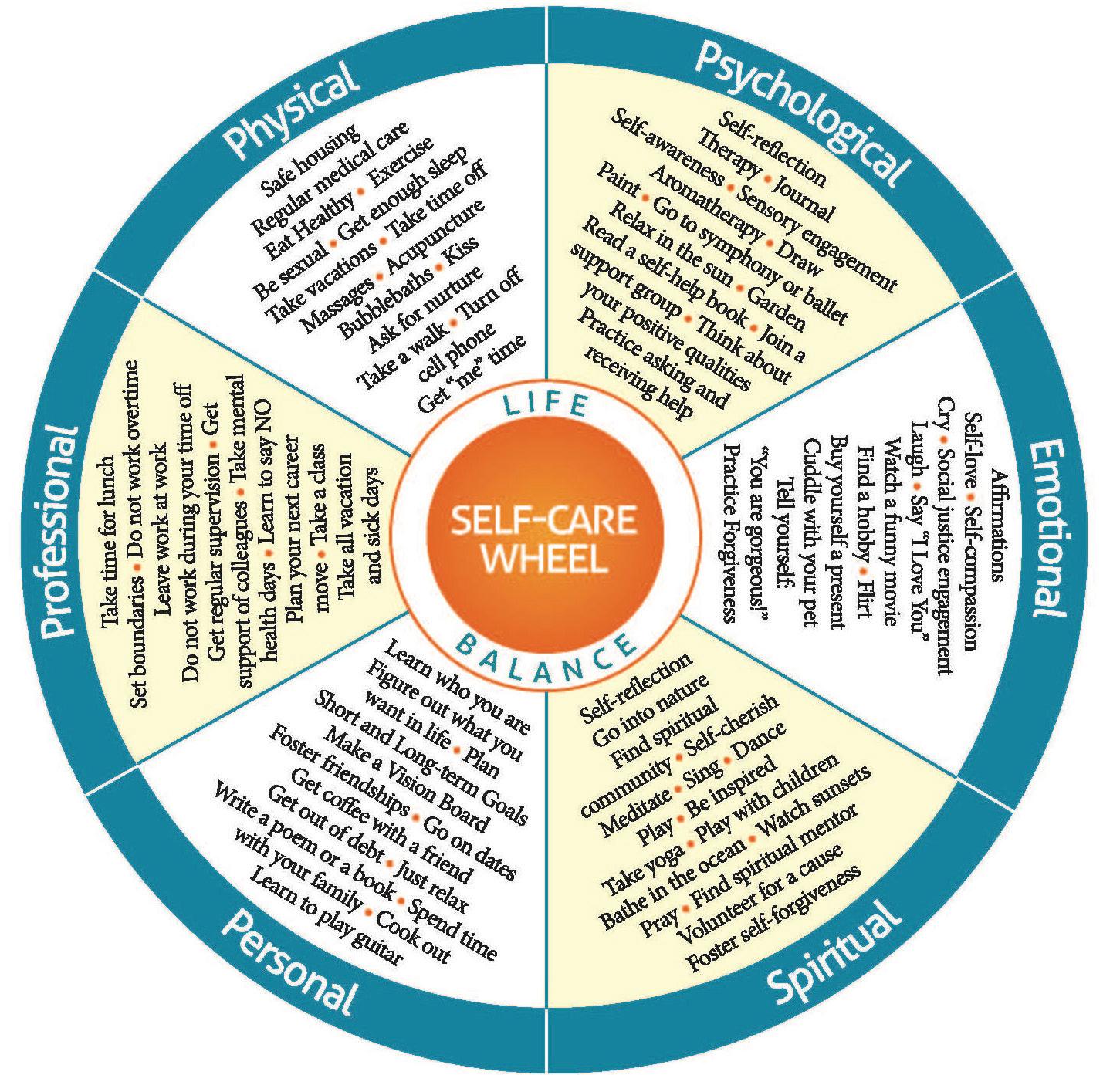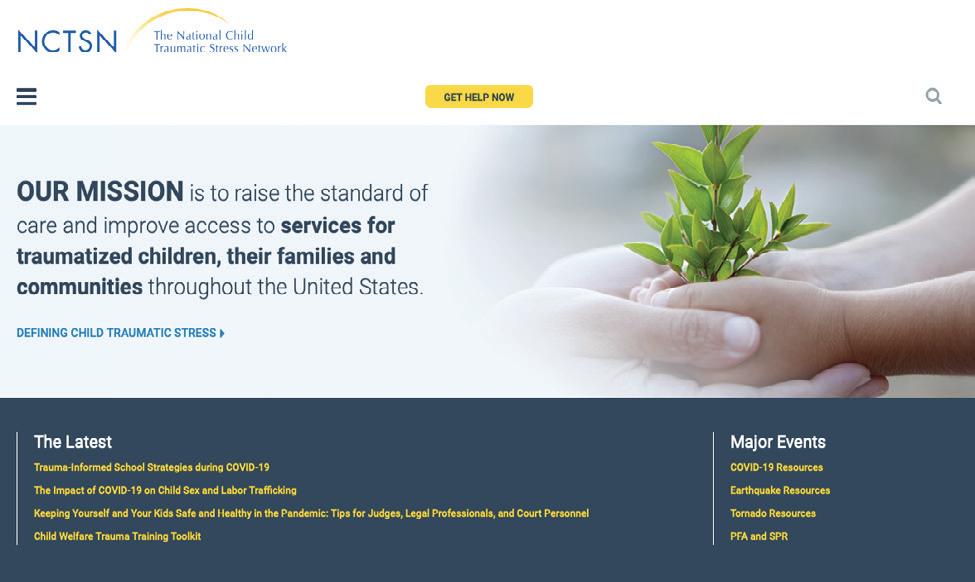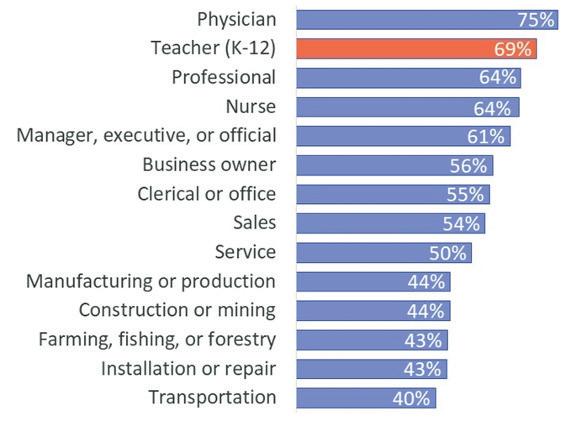Exploring Employment Options
Jobs Outside of Traditional Classroom Teaching Job Search Handbook Committee
N
umerous reasons may prompt you to consider career opportunities outside of traditional classroom teaching:
ü
lack of teaching vacancies;
ü
uncertainty about classroom “fit;”
ü
new goals or emerging interests;
ü
work parameters.
Regardless of your motivation, the good news is that there are many opportunities to consider. Here are some options:
Private and Charter Schools
If you are still interested in teaching, but are having difficulty finding public school teaching vacancies, check out opportunities with private and charter schools. Tip: State Departments of Education websites list programs for your respective state.
Cyber Schools
Online/distance education is growing exponentially. If you would like to teach through this delivery system, consider cyber schools in the state where you hold your teaching certificate. Tip: You don’t need to live in the state where the school is based. For example, if you have an Ohio teaching certificate, you are qualified to teach for Ohio-based cyber schools, regardless of where you reside.
Tutoring/Learning Centers
Community-based and national organizations hire certified teachers to provide tutoring services to children and adults. Tip: Find out more by researching organizations like Sylvan Learning or Huntington Learning Centers.
AmeriCorps
AmeriCorps is a government program that involves a number of approaches to provide service throughout the United States. While you won’t earn substantial income as a “volunteer” with AmeriCorps (https://www.nationalservice.gov/programs/americorps), you’ll receive a helpful stipend and gain valuable experience. Future employers will look very favorably on your AmeriCorps experience as a demonstration of your dedication to serving others.
International Experience
Any international experience will enhance your personal and professional experience! Not only will you gain rich experiences by living in another culture, but when you return to the United States, employers will infer that you bring a global perspective, cultural sensitivity, and maturity to the work place. Imagine how eager a school district would be to hire an “international educator” for their classroom. Consider organizations like English language schools or
the Peace Corps (the largest need for volunteers is in educationrelated assignments). Tip: Make sure that you are choosing an accredited organization for your teaching experience. One highly reliable resource is the international teacher job fair held annually at the University of Northern Iowa; check out teachoverseas@uni.edu.
Alternative Education
You may find the most significant number of oppportunities via alternative education. Whether they provide services through a local school district or operate as residential facilities, alternative education employers provide excellent opportunities for teachers, particularly with special needs and at-risk youth. You may find a need for GED instructors in your community. If you live near a children’s hospital, you may find that they hire tutors for patients with longerterm hospitalizations. Tip: Within your preferred geographic range, contact centralized school districts for recommendations.
Community/Nonprofit Organizations
This is a broad category that includes organizations such as the YMCA, Spina Bifida Association, Girl Scouts of America, etc. Some nonprofits run year-round camps for targeted populations. You may also find some relevant jobs listed with your local library that could include programs for specifically defined audiences. Many communities need “cultural brokers” to provide basic information for new residents who come from other countries/cultures to learn about local resources. Tip: Search the United Way website in your area.
Government
Check out opportunities with the government at the local, state, and federal levels. Tip: Be resourceful! For example, many states sponsor a Migrant Education Program. They hire teachers and administrators for positions working with the children and families of migrant workers. ELL is particularly helpful with this population. Additionally, your community may also need instructors for citizenship classes.
Corporate Training
If you enjoy explaining new material and engaging adult learners, you might consider transferring your teaching skills to corporate training. Tip: Contact your university career center for recommendations on potential employers, professional associations, and alumni networks. This is just a sample of opportunities outside of traditional classroom teaching. Apply your creative teaching skills as you explore occupations and potential employers to find a meaningful fit for your skills and interests.
What types of organizations and positions match my skills and interests?
78 American Association for Employment in Education































